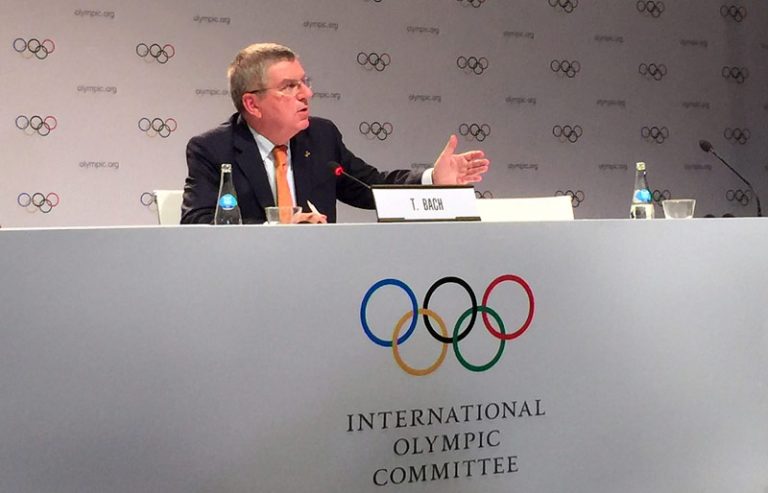Not so fast!
GamesBids.com traditionally publishes a year-end top ten list of Olympic bid stories featuring the highlights of the year. This year would have marked our 13th consecutive year – yes, 13! But it’s not triskaidekaphobia, the fear of that number in many Western cultures, that’s stopping us from moving forward with a list this year. No.
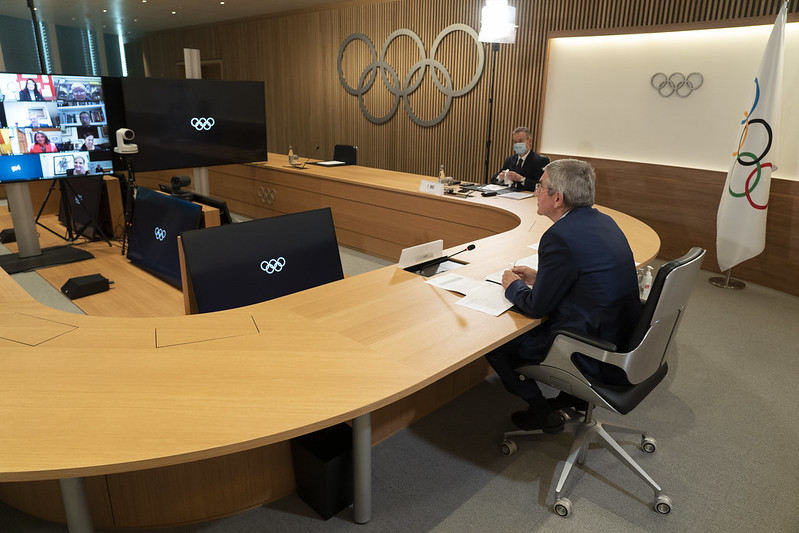
We’re modifying our year-end tribute to the events of this year because most stakeholders, in a single voice across the planet, called off Olympic bidding for the past 10 months. Because of you-know-what.
There were exceptions though. Earlier this month a vote marked the culmination of a fierce 2030 Asian Games bid battle between Doha, Qatar and Riyadh, Saudi Arabia that ended in a compromise – both cities were awarded consecutive Games in 2030 and 2034 respectively. But you may remember our rules, the top 10 list can only contain bid stories related to the Summer, Winter or Youth editions of the Olympic Games.
So instead, we present a summary of this very unusual year.
The beginning of the end of significant bid activities for the year came in May when Australia’s Queensland Premier Annastacia Palaszczuk abruptly pulled the plug on her surging, front-running 2032 Olympic bid when she said “as Queensland’s and Australia’s focus has been placed on responding to coronavirus … (the leadership group) agreed that the 2032 Games candidature discussions be put on hold until further notice.”
Others quickly followed.
International Olympic Committee (IOC) President Thomas Bach acknowledged that his hurry-up approach of electing both the 2032 Summer Games and 2030 Winter Games host cities would end amid the surging COVID-19 cases across the globe that led to the postponement of the Tokyo 2020 Games to July 2021. He even recognized the IOC’s good fortune that it sited the 2028 Games in Los Angeles as part of a double allocation back in 2017, meaning the previously planned election for that bid in 2021 would have been too challenging now.
He said “otherwise we would now in this crisis time have to start the candidature procedure for the Games in 2028, and this, to say diplomatically would have not likely been the best moment to do this.”
2030 Olympic Winter Games Bid
It was only last year the Milan-Cortina was awarded the 2026 Winter Games after the Italian joint bid defeated Stockholm-Åre in Sweden; it was our number two top story in 2019. Typically, that would give the IOC at least until 2023 to worry about the 2030 Games. But Bach had been on a spree to lock in as many Games hosts as possible as early as possible, it seemed, while so many cities were losing interest and the supply was becoming scarce.
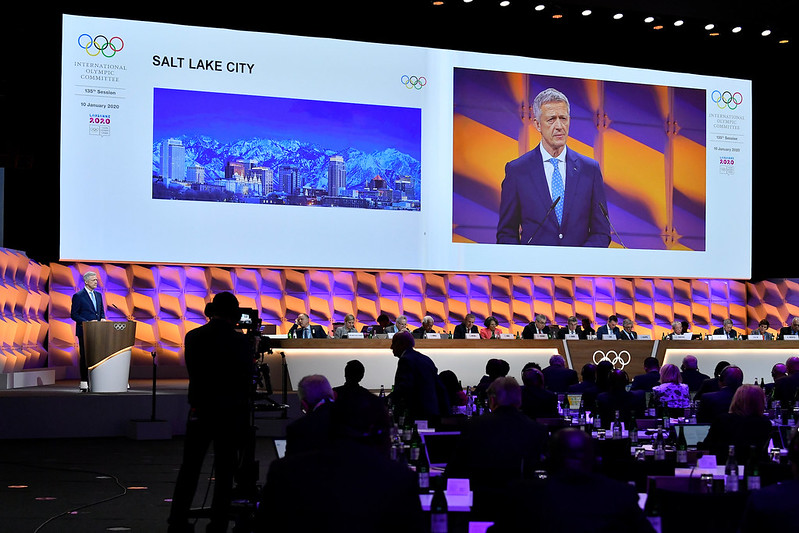
In January the IOC boasted that Sapporo in Japan, a joint Pyrenees-Barcelona plan from Spain and Salt Lake City in the United States were involved in discussions to host in 2030 or later. In February Vancouver in Canada added its name to the list on the 10-year anniversary of the 2010 Games hosted in the same city.
Bach said in January that with a quality bid like Sapporo in the race, a decision could be made soon.
But with Japan desperately trying reorganize their 2020 Games while public support for the project is plummeting, Sapporo has remained silent on a potential bid. Spain, hard-hit by the pandemic, admitted in October that its Pyrenees-Barcelona project had stalled. Vancouver city council postponed its initially planned April discussion about a possible bid, then in November pushed further analysis on the project until 2021.
Salt Lake City remains open and involved in potentially hosting in 2030 or beyond, with the bid committee continuing to organize and build throughout this year of lockdowns and Zoom meetings. However last week the United States Olympic and Paralympic Committee (USOPC) Chair Susanne Lyons said with the IOC focused on delivering the Tokyo Games in July and confirming the re-election of the unopposed IOC President early next year, examining bids “at the moment it is not a priority.”
The IOC started the year firing a starting pistol on the 2030 Winter Games race, but will close the year with the real start of the campaign likely months away.
Youth Olympics
In late 2019 the Province of Gangwon in South Korea was elected to host the 2024 Youth Olympic Winter Games in what was fortunate timing for the IOC. That decision will buy the organization at least two years until the next time it must site any Youth Olympics, as the spin-off Olympic edition struggles to gain a mainstream audience.
But the pandemic still had a significant impact on hosting the Youth Olympics. The 2022 Dakar, Senegal Summer edition has already been postponed by the IOC until 2026, a victim of coronavirus. Effectively that means the 2022 edition has been cancelled and the African nation will simply fill the 2026 spot making it the first nation on the continent to host any Olympic event, but four years later.
There will be no need for a 2026 election that would likely have been arranged for next year.
2032 Olympic Games Bid
When 2020 opened the Queensland 2032 Olympic bid from Australia was moving like a freight train, owning the open track with specific milestones in sight including a possible election to host the Games by year end.
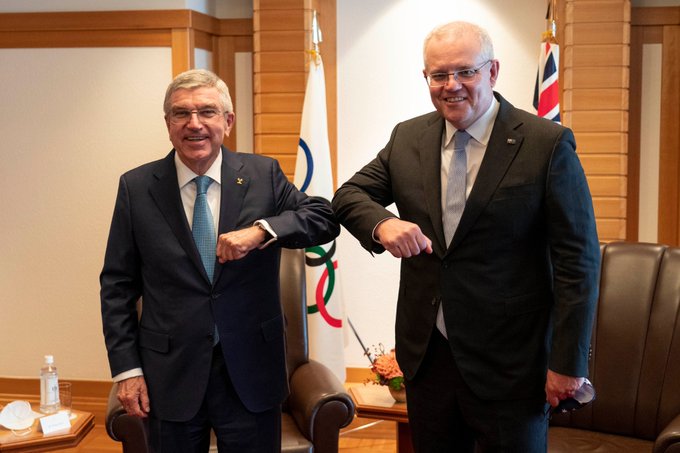
With months of preparation ahead of its official organization in January, and guidance from Australian IOC Vice President John Coates – the architect of the new bid process introduced in 2019 – the Brisbane-centered bid seemed a lock to host the Games.
But the bid had planned to release its full dossier at the now-postponed Tokyo Olympic Games, and as already reported, the Premier halted the project in May to instead focus efforts on controlling the pandemic.
Now, all bets are off.
India had strong intentions to move forward with the 2032 bid, but those plans were suspended and now there is doubt.
“2032, there is no bidding. That system is over,” Indian Olympic Association (IOA) President Narinder Batra said earlier this year while the pandemic raged across his hard-hit nation.
“We will see,” he added.
Officials in Jakarta, Indonesia also put its project on hold until further notice but stakeholders are urging the government not to lose interest in the project.
A joint bid from North and South Korea has continued to decay as diplomatic relations on the peninsula sour.
But the long pause has opened a window for other regions in the world to formulate plans and enter the race with an opportunity to close in on Queensland. A multi-city Rhine-Ruhr bid from Germany is still in the works, according to reports.
During the pandemic other jurisdictions have expressed interest in hosting in 2032, with some entering discussions with the IOC including Istanbul in Turkey, Doha in Qatar, the Netherlands and Chengdu and Chongqing in China.
In November the first glimmer of hope that the race could be re-emerging came when President Bach met with Australian Prime Minister Scott Morrison in Tokyo.
Moving Forward
Uncertainty remains ahead, but what is clear is that there are still months or years before the next Olympic host city is declared.
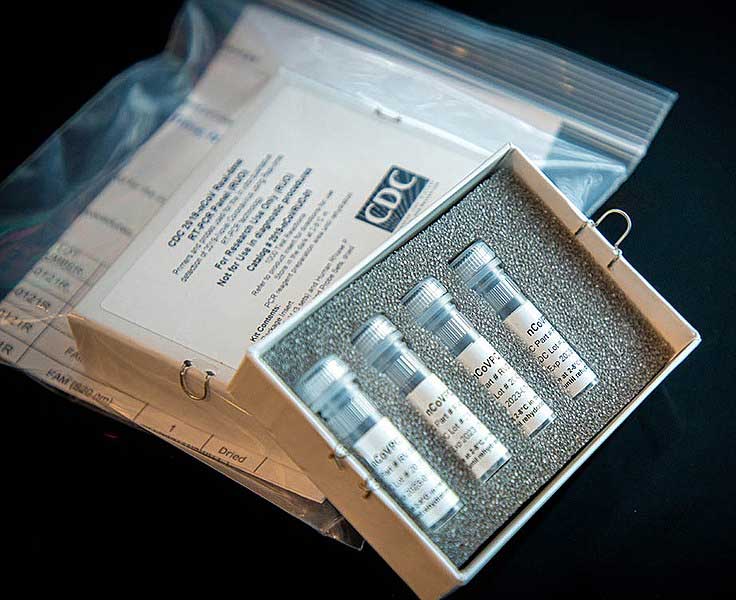
Only three weeks ago Premier Palaszcuk and Coates declared the Queensland bid back on track due to the state’s apparent success in controlling COVID-19. This bold announcement came even as cases surged around the rest of the world, and a new feared variant of the virus was emerging .
But are Australians still behind this project in the world’s new normal? We can’t yet imagine the totality of change that this pandemic has delivered.
New vaccines are raising hopes, creating a new race ahead of plans to open the postponed Tokyo Games in just months – all while daily positive cases in Japan’s capital are at record levels.
The year of 2020 will be known for many horrific things, but in our context here it will mark a complete reimagining of Olympic bids – at least in the short term.
Follow @gamesbids on Twitter or facebook.com/gamesbids so you don’t miss a beat!
Happy New Year, and all the best in 2021 from GamesBids.com.


